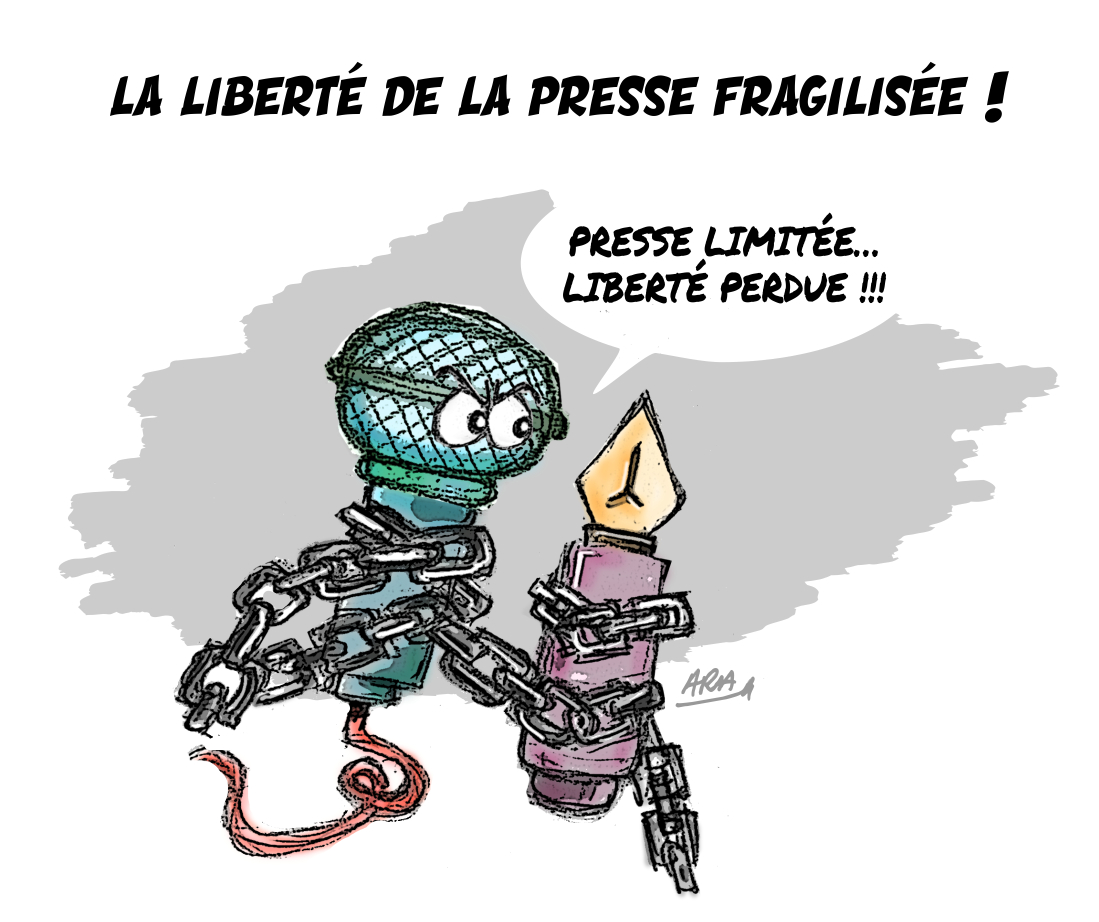Pfizer clinical trials : "Nobody cares about unreported serious adverse events" Christine Cotton and Brook Jackson

In this interview, Christine Cotton and Brook Jackson speak about good practices to follow when conducting a clinical trial. Both, in different positions, worked on Pfizer's clinical trial for its COVID-19 messenger RNA vaccine. Brook Jackson participated in the trial as a medical director. Christine Cotton wrote a methodological report on the trial as a biostatistician. Both denounced the results as "unreliable" and "dishonest" in terms of good clinical practices.
What are good clinical practices?
Good clinical practices is a set of guidelines or recommendations, and technical documents that aim to ensure the safety of research participants in clinical trials and to standardize practices worldwide. The guidelines concern all those involved in a clinical trial, the sponsor (the pharmaceutical company), the investigating center (the person who recruits patients into the trial), the data management department (the people in charge of developing the electronic system into which the centers enter the data), the statisticians, pharmacovigilance, quality assurance... These are documents to be followed to ensure that the data is reliable and honest, explains biostatistician Christine Cotton.
Clinical practice evaluation of Pfizer's therapeutic trial
Brook Jackson's experience in Ventavia site
Brook Jackson, a medical director, is at the center of the "Pfizergate" scandal, a massive fraud involving the pharmaceutical company Pfizer, its subcontractor, the clinical trial company Ventavia Research Group, and the Food and Drug Administration (FDA).
Brook Jackson, an employee of Ventavia, points to numerous malfunctions, including the lack of seriousness in the handling of the vaccines, which were not kept at the right temperature, and the lack of follow-up for patients, particularly those who had reported side effects or suspected Covid-19, and were never contacted by telephone to determine whether a site visit was necessary or not.
A lack of rigor that was highlighted by photos, internal company documents, but also audio recordings taken by Brook Jackson.
Photographs revealed the main anomalies: needles discarded in a plastic bag instead of a security container for pointed, sharp and hazardous objects, vaccine packaging materials with identification numbers written on them, raising the issue of anonymity. This problem is also reflected in the patient records that are accessible to "blind" staff, and in which the product allocation has been recorded by "non-blind" staff administering the vaccine.
After reporting all these violations of good clinical practices identified on the Ventavia site, the medical director sent a complaint to the FDA. A few hours later, she received an email from the FDA informing her that she could not submit comments on a possible investigation. The same day, she was fired by Ventavia.
A few weeks later, Pfizer submitted its emergency approval application to the FDA. The meeting held on 10 December 2020 made no mention of the problems on the Ventavia site, and the FDA gave the green light the following day.
Christine Cotton's methodological expertise report
Biostatistician Christine Cotton has written a report which consists of an assessment of the methodological practices implemented in Pfizer's trials for the development of its Covid-19 messenger RNA vaccine, according to good clinical practice. To achieve this, she examined all Pfizer documents registered with the American and European authorities, including protocols, clinical reports and various risk management plans.
As work has progresses, Christine Cotton identified many biases and concluded that the 95% efficacy claimed by the pharmaceutical giant for its main criterion, the first appearance of symptomatic Covid-19 seven days after the second dose, could not be trusted.
This efficacy would be biased by several factors:
- First, it is the participant's responsibility to report his or her own symptoms to the people at the recruiting site to determine if he or she is a symptomatic Covid-19 case. Any incomplete files or misjudgment by the participant who is not competent to judge him or her health status may affect the results.
- Next, the permitted use of antipyretic that suppress symptoms, fever and pain more in the vaccine group leads to an underestimation of the number of symptomatic cases, as only participants reporting symptoms are required to perform a PCR test in this trial. In other words, no symptoms means no PCR test and no PCR test means no Covid. Ideally, the biostatistician believes that it would have been more appropriate to perform PCR testing on the entire trial population or to use another criterion to count Covid-19s whether they are symptomatic or not, such as anti-nucleocapsid serology.
The other problem is the evaluation of tolerability of the vaccine, since the interim analysis was carried out on participants who were followed up for a maximum of three months with a median of two months after the second dose. That means that 50% of the participants followed up for less than two months and 50% followed up for more than two months: an observation period too short to collect medium and long-term tolerance. The fall in neutralizing antibodies had already been observed in the preclinical study on macaques. This lack of measurement therefore masked the fall in antibodies, which was recognized a few months later by the Pfizer laboratory.
In addition to these already numerous unknowns' data, crucial information is missing (no data on the use of the vaccine during pregnancy and breastfeeding, no data on immunocompromised patients or patients with comorbidities), no information on interactions with other vaccines and on long-term safety, and no report of serious adverse events in clinical reports.
Christine Cotton has therefore identified the presence of bias and major deviations from good clinical practice that does not allow the validity in terms of efficacy, immunogenicity and tolerance of the results provided in the various Pfizer clinical reports that were examined in the emergency by the various health authorities.
À LIRE AUSSI

L'article vous a plu ? Il a mobilisé notre rédaction qui ne vit que de vos dons.
L'information a un coût, d'autant plus que la concurrence des rédactions subventionnées impose un surcroît de rigueur et de professionnalisme.
Avec votre soutien, France-Soir continuera à proposer ses articles gratuitement car nous pensons que tout le monde doit avoir accès à une information libre et indépendante pour se forger sa propre opinion.
Vous êtes la condition sine qua non à notre existence, soutenez-nous pour que France-Soir demeure le média français qui fait s’exprimer les plus légitimes.
Si vous le pouvez, soutenez-nous mensuellement, à partir de seulement 1€. Votre impact en faveur d’une presse libre n’en sera que plus fort. Merci.
 Je fais un don
Je fais un don


